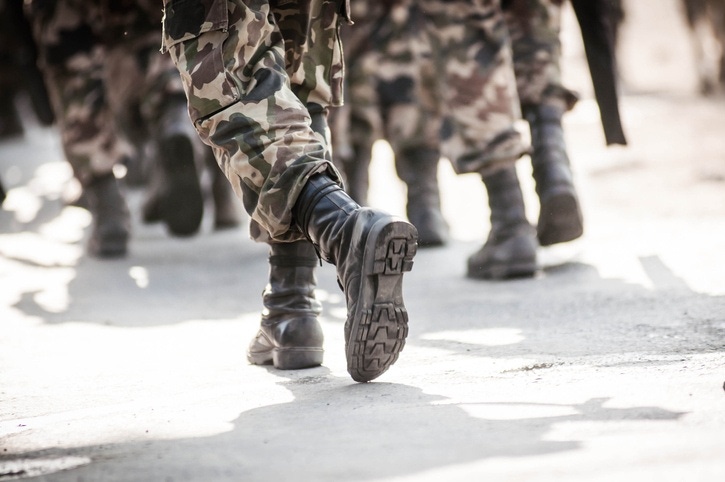Content Spotlight
Podcast: MilliporeSigma says education vital to creating unbreakable chain for sustainability
MilliporeSigma discusses the importance of people, education, and the benefits of embracing discomfort to bolster sustainability efforts.
March 3, 2020

Cell and gene therapy manufacturers need staff with laboratory skills and GMP know-how, according to an expert from Texas A&M.
Cell and gene therapies attract a lot of attention. In recent years products like Yescarta, Kymriah and Zolgensma and the debate about their prices – $373,000, $475,000 and $2.1m respectively – have dominated the headlines.
In industry circles the focus has shifted to the manufacture of such therapies. Developers are working to ensure there are sufficient vectors, or to make production systems more cost efficient.

Ex-military personnel could be a good fit for the cell and gene therapy industry. Image: iStock/ChrisSuperseal
But biopharma should not forget its staff.
Even automated lines need skilled operators says Jenny Ligon, assistant director of workforce development at Texas A&M’s National Center for Therapeutics Manufacturing (NCTM).
“For cell and gene therapy, technicians need to have a better understanding of molecular biology and even immunology and virology.”
She told us: “The reality is we just need more people with practical laboratory experience. In general, upstream manufacturing technicians seem to be in high demand, so those individuals with experience with good cell culture technique will be highly marketable.
“With gene and cell therapy taking off, there will be an even larger demand for those with experience in mammalian cell culture.”
Adaptability is key. Ligon told us: “By and large, there aren’t any new unit operations in cell and gene therapy manufacturing, however, because of the novelty of this field, manufacturing processes are still evolving.”
Staff training is dictated by resources. Large biopharma firms have systems in place to ensure staff have the right skills, but small companies may find it more difficult.
“Many gene and cell therapy companies are still in start-up mode,�” Ligon said. “For them, the critical need for technicians is an understanding of cGMP manufacturing processes as many of them may only be familiar with bench-scale manufacturing.”
Fortunately, there is support according to Ligon, who cited a Texas A&M course funded by the National Institute for Innovation in Manufacturing Biopharmaeuticals (NIIMBL) as an example.
“The course was developed by BTEC through NIIMBL funding and remains the only hands-on short course focused on vector manufacturing. NCTM will be offering the course beginning in the latter half of 2020.”
Cell and gene therapy firms also struggle to find staff according to Ligon, who says competition for skilled employees will have negative consequences.
“Current cell and gene therapy roles are being filled with those workers who have been in traditional biomanufacturing for several years, which will create a tremendous gap in positions for traditional manufacturers, confirming the demand for more trained workers, period.”
Ligon suggests ex-military personnel could be a good fit for the cell and gene therapy industry.
“I’m still a strong advocate for former service members to fill many of the future jobs in this industry, given their strong sense of responsibility, dedication to accomplishing a mission, ability to innovate and identify solutions to challenging and demanding work environments, attention to detail, and understanding of following protocol and doing it right the first time.”
You May Also Like